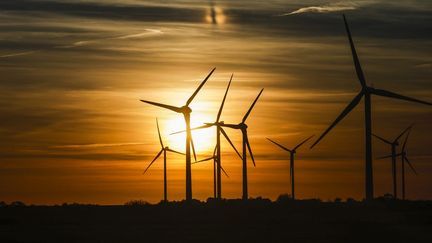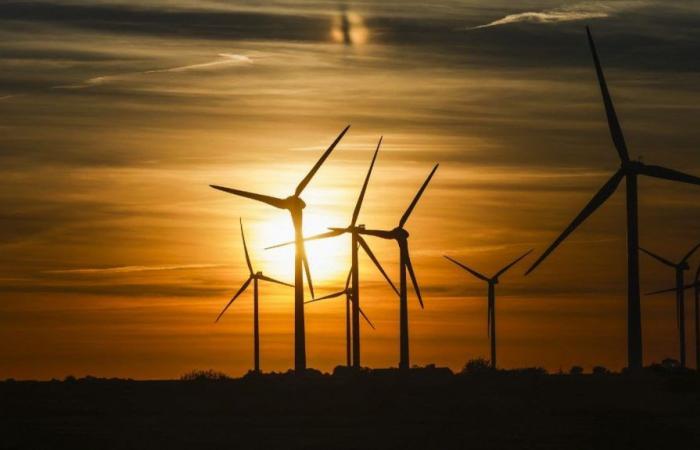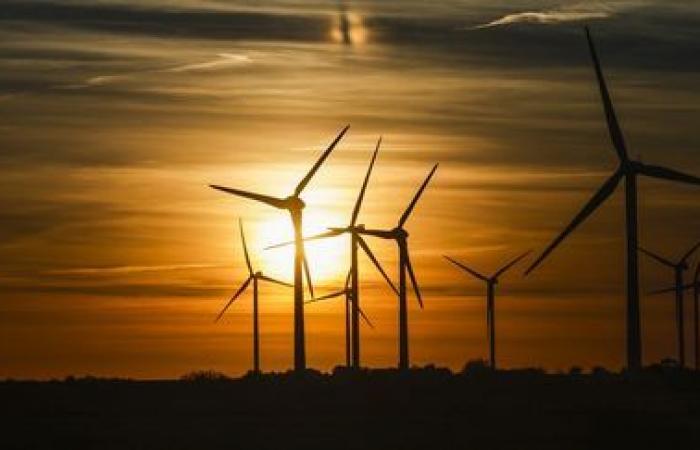In its report, the organization maintains its forecast of a peak in demand for all fossil fuels (oil, gas and coal) “by the end of the decade”.
Published on 16/10/2024 07:23
Updated on 16/10/2024 07:29
Reading time: 2min

The world is indeed in an energy shift. “With nuclear energy, which is the subject of renewed interest in many countries, low-emission sources”like wind and solar, “expected to produce more than half of the world’s electricity before 2030”says the International Energy Agency (IEA) on Wednesday October 16 in its annual report.
“We have experienced the age of coal and the age of oil, and we are now entering at high speed into the age of electricity, which will define the global energy system in the future and will be increasingly based on clean sources of electricity”estimates the executive director of the AIE, Fatih Birol, quoted in the press release. The OECD Energy Agency describes a thirst for electricity driven by industry, electric mobility, the needs of Artificial Intelligence and the 11,000 data centers present in the world, as well as the air conditioning.
And “the growing momentum for clean energy transitions” is there, “the world is still far from a trajectory aligned with its carbon neutrality objectives” to 2050, however, underlines the IEA which calls for an acceleration. “A record level of clean energy was installed globally in 2023, but two-thirds of the increase in energy demand was still met by fossil fuels”notes the agency. In its report, the IEA maintains its forecast of a peak in demand for all fossil fuels (oil, gas and coal) “by the end of the decade”forecasts that run counter to those of the oil and gas industry and the Organization of the Petroleum Exporting Countries (OPEC).
Since the 19th century, the average temperature of the Earth warmed by 1.1°C . Scientists have established with certainty that this increase is due to human activities, which consume fossil fuels (coal, oil and gas). This warming, unprecedented in its speed, threatens the future of our societies and biodiversity. But solutions – renewable energies, sobriety, reduced meat consumption – exist. Discover our answers to your questions on the climate crisis.








